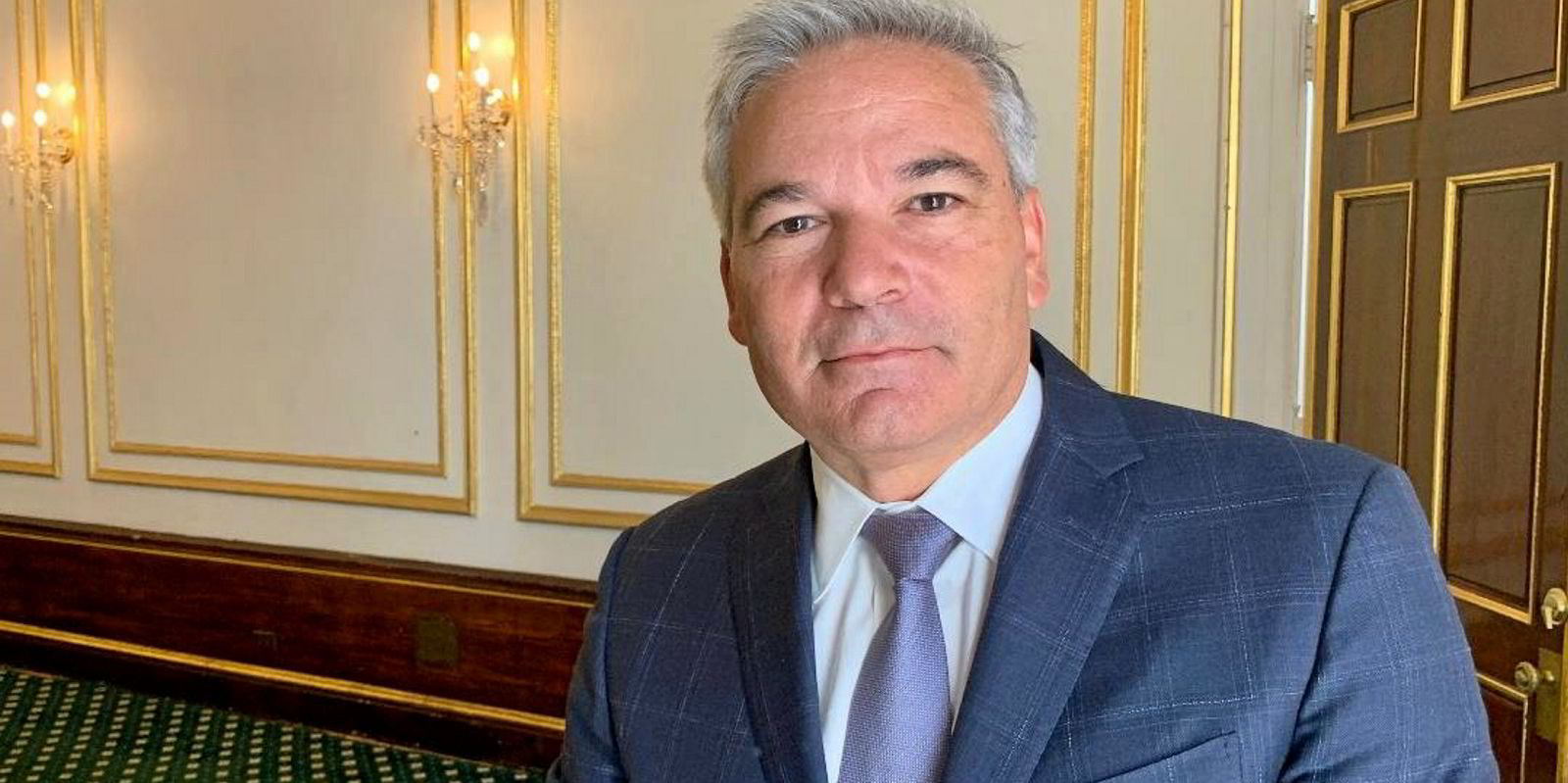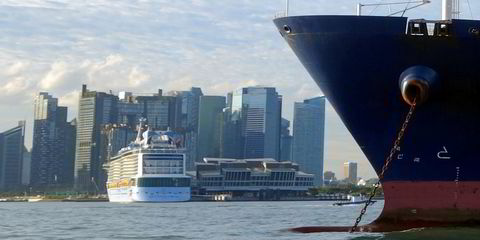Israel is no Ukraine. That, in short, was the verdict of leading dry bulk shipowners on Tuesday weighing the impact of escalating warfare between Israel and Hamas after the latter’s attacks over the weekend.
Speaking at Capital Link’s 15th annual Maritime Forum in New York, four public bulker executives acknowledged the human tragedy of the events unfolding in the Middle East.
However, pressed on the impact on their trading market, most predicted it would be minimal compared to the disruption caused by Russia’s February invasion of Ukraine, one of the world’s leading exporters of grain.
“From a dry bulk standpoint, we do carry cargoes to Israel, but it’s not an export market like Ukraine,” Eagle Bulk Shipping chief executive Gary Vogel said.
“I don’t think we’ll see it have a significant impact on the dry bulk market. However, it just reiterates the need to be prepared for the unexpected. If nothing else, the last four years have shown us we don’t know what’s around the corner.”
Over the period Vogel referenced, dry bulk has been rocked by “black swan” events that have included the Vale dam collapse in Brazil, the swine flu outbreak, the Covid-19 pandemic and the Ukraine invasion.
Vogel was not alone in rating the Israel-Hamas fighting as less disruptive to the freight market.
“This is not the same order of magnitude in impact on dry bulk as the pandemic,” Star Bulk Carriers president Hamish Norton said.
But Diana Shipping chief strategy officer Ioannis Zafirakis interjected that it may depend on how the crisis unfolds from here.
“There’s a worst-case scenario to everything,” Norton answered.
Genco Shipping & Trading chief executive John Wobensmith was largely in step with the majority of his fellow panellists.

“It’s not like Covid, and it’s not like Ukraine and the Black Sea,” Wobensmith said. “But we could see a spike in the price of oil, which could be recessionary and maybe a hit on top of what’s happening now.”
With the new crisis freshly on the mind, panel moderator Liam Burke – shipping analyst for B Riley Securities – transitioned to the previous one, and how the continued fighting in Ukraine could impact the dry trade from here.
“When the conflict ends, I would expect there will be a lot of reconstruction In Ukraine, which will take a lot of dry bulk — it will be noticeable,” Norton said.





